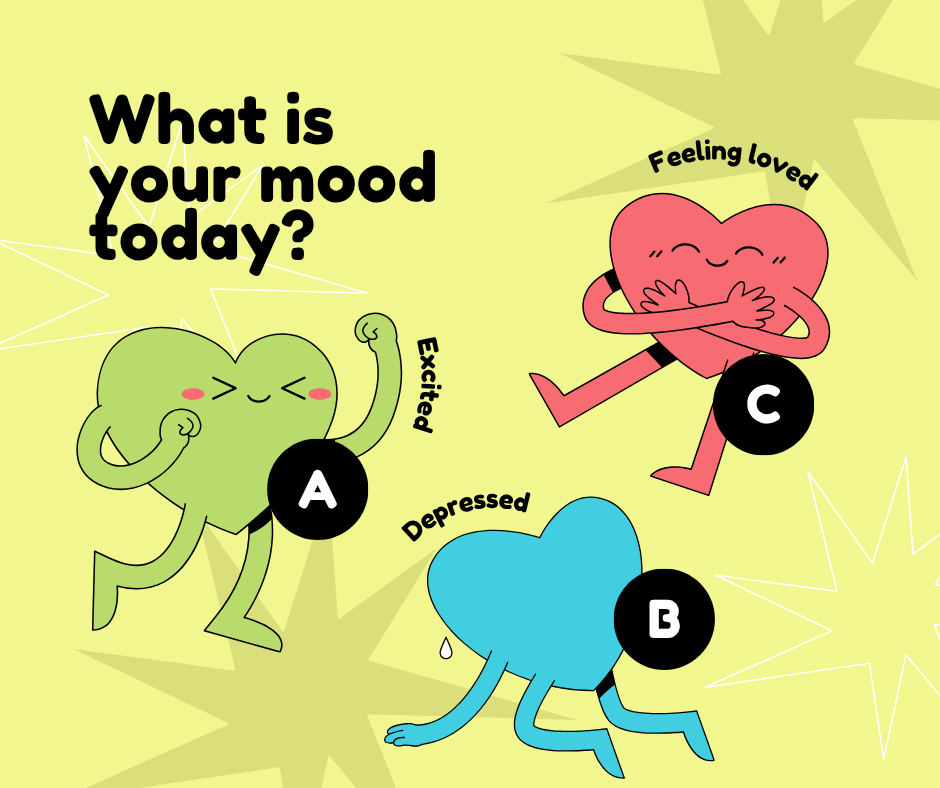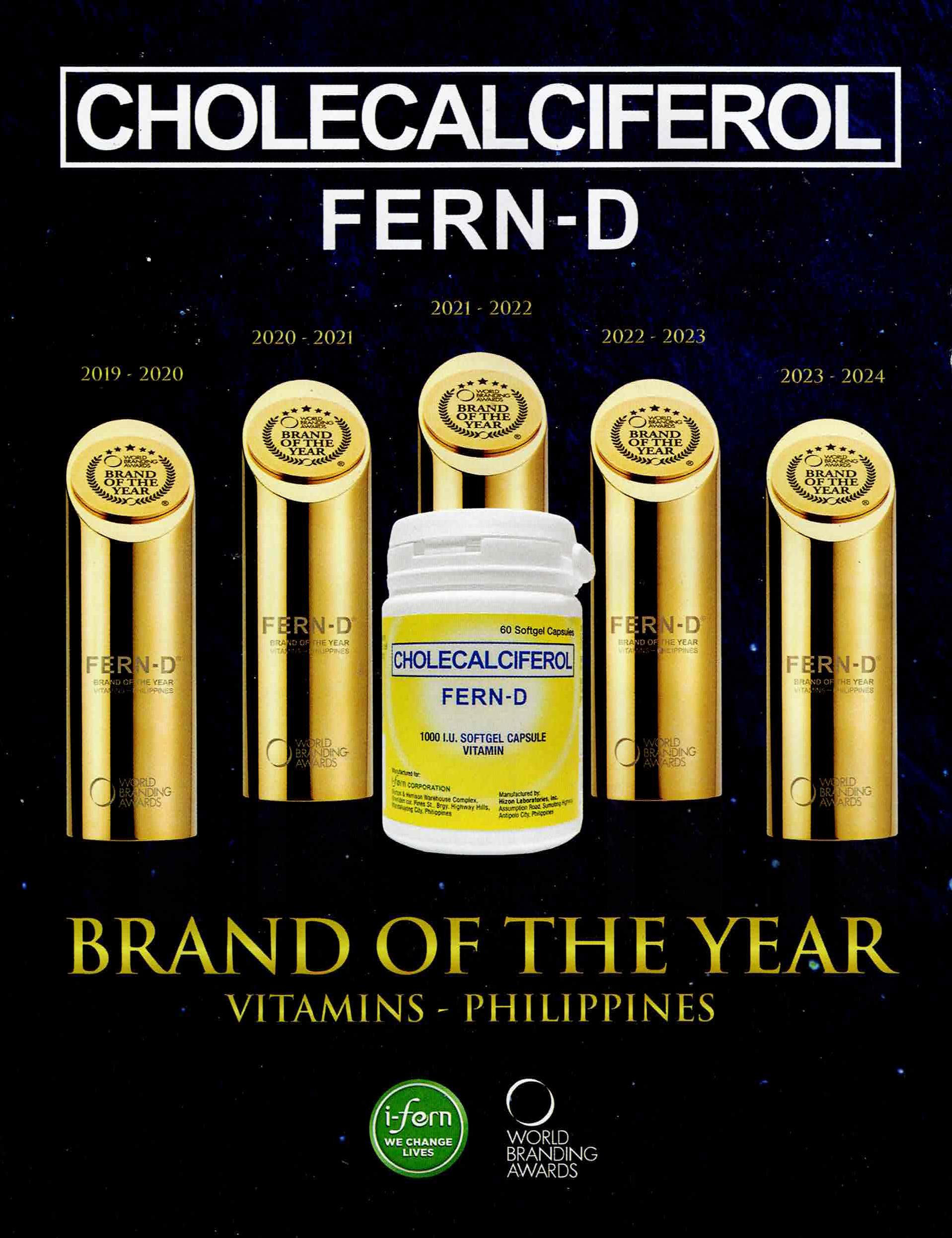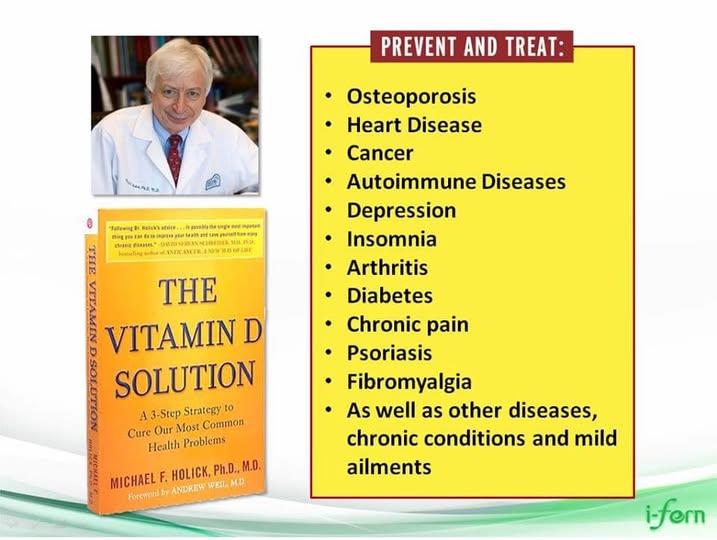In recent years, vitamin D—often called the “sunshine vitamin”—has gone from being a quiet supporter of bone health to a central player in many areas of physical and mental wellness.
One of the most compelling discussions today revolves around its potential role in reducing symptoms of depression.
Could a nutrient so simple—and free if you get it from the sun—really help lift your mood?
Let’s break down the science, what renowned researcher Dr. Michael Holick says, and what steps you can take.
The Link Between Vitamin D and Depression
Vitamin D affects the brain in several ways:
-
It regulates neurotransmitters like serotonin and dopamine, which directly influence mood.
-
It helps reduce inflammation in the brain—something strongly linked to depression.
-
Vitamin D receptors are found in mood-regulating areas of the brain, such as the hippocampus.
Multiple studies show that individuals with low levels of vitamin D are more likely to experience symptoms of depression—especially during the darker winter months.
This helps explain why seasonal affective disorder (SAD) is so common in colder climates with limited sunlight.
What Dr. Michael Holick Says
In The Vitamin D Solution, Dr. Holick argues that vitamin D is much more than a bone-builder.
He shares that many patients suffering from unexplained fatigue, anxiety, or low mood saw dramatic improvements after addressing a vitamin D deficiency:
“One of the most overlooked effects of vitamin D is its ability to impact mood and mental health. For some patients, it’s life-changing.”
Dr. Holick strongly advocates for routine vitamin D testing, especially for individuals dealing with:
-
Mood disorders
-
Chronic fatigue
-
Persistent low energy
Natural Ways to Boost Your Vitamin D
If you’re struggling with low mood or suspect a deficiency, here are simple steps you can take:
-
Get Sunlight (Safely)
Aim for 10–30 minutes of midday sun exposure, 2–4 times a week.
Fair-skinned individuals need less; darker skin tones need more. -
Eat Vitamin D–Rich Foods
Include fatty fish (like salmon), egg yolks, UV-exposed mushrooms, and fortified foods such as milk or orange juice. -
Take a Supplement
Most adults benefit from 1,000–2,000 IU/day. If you’re deficient, your doctor might recommend a higher dose.
Here’s a link to a multi-awarded Vitamin D supplement: FERN-D. -
Get Tested
A simple blood test (25-hydroxyvitamin D) can determine your levels.
An optimal range is typically 30–60 ng/mL.
Real Talk: Is Vitamin D a Cure for Depression?
Not exactly.
Vitamin D is not a replacement for therapy, medication, or meaningful lifestyle changes.
However, it’s often a missing piece of the mental health puzzle.
If you’re deficient, correcting it could be one of the simplest and safest mood boosters you’ve never tried.
Final Thought
Vitamin D isn’t just for strong bones—it could be a key to a brighter, clearer mind.
As science continues to reveal the deep connection between nutrition and mental health, vitamin D stands out as a low-risk, high-reward place to start.
So the next time you’re feeling low, don’t just look inward—look up at the sun.





